$2.4M grant helps MCG scientists study effects of stress on bones as we age
The research team believes the answer may be in how stress hormones signal the skeleton to make more bone making cells instead of bone-dissolving ones
Transdisciplinary Research Initiative in Inflammaging and Brain Aging (TRIBA)
Bringing world-class faculty in diverse fields together for a transdisciplinary research initiative in the area of age-related diseases
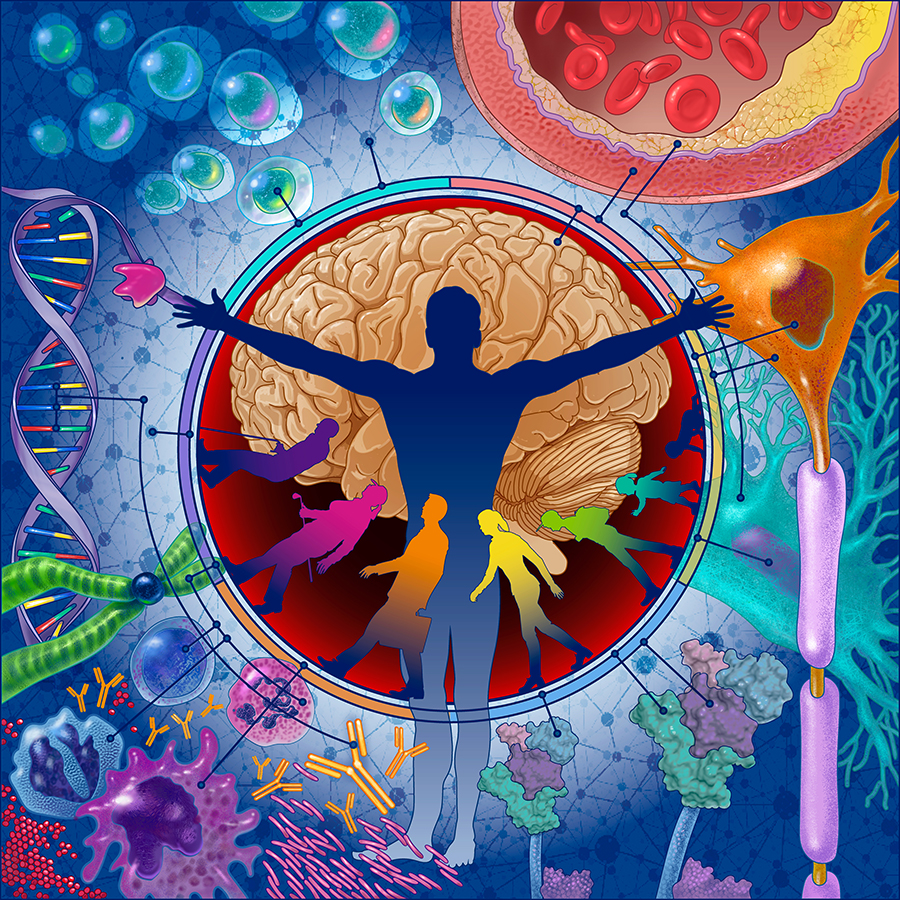
Augusta University President Brooks A. Keel, PhD, announced the formation of this new transdisciplinary faculty research cluster in “inflammaging” and brain aging, which will be the focus of a three-year recruitment effort to grow the university’s research footprint.
As people get older, they experience a low-level of inflammation, described as “inflammaging,” driven by an increase in molecules in the blood called cytokines. This age-related inflammation has been linked to serious chronic diseases, including Alzheimer’s disease, cardiovascular disease, atherosclerosis, type II diabetes and cancer. The main feature of the aging process is chronic and progressive inflammation, which is a significant risk factor in morbidity and mortality. While most age-related diseases include inflammation, its potential cause and role in adverse health outcomes is still widely unknown.
View our joint scholarly output »
Transdisciplinary Research Initiative
Health Sciences Campus
Innovating Solutions
Augusta University is initiating cluster recruitment for faculty research positions to study age-related diseases. Two positions will be added to the Medical College of Georgia and one each to the School of Computer and Cyber Sciences, The Dental College of Georgia, and the colleges of Nursing, Allied Health Sciences and Science and Mathematics.
That number is expected to grow in years two and three with the anticipated recruitment of two additional faculty positions within MCG and one additional position in the other participating colleges each year.
It is a $15 million investment over three years and it will be recruiting up to 15 to 20 new faculty members. Many of the new researchers will be on the fourth floor of the university’s new College of Science and Mathematics building on the Health Sciences Campus.

Building upon existing strengths in Precision Medicine, Personalized Nutraceuticals, Neuroscience, Inflammation and Bioinformatics including Artificial Intelligence, Augusta University is hiring 15-20 new faculty members.
Now Hiring
Explore our current openings to see how you can be part of our search for solutions
Cross-Disciplinary Culture
Led by Dr. Babak Baban, an immunologist and associate dean for research at The Dental College of Georgia, and Dr. Mark Hamrick, a bone and muscle biologist and senior associate dean for research in the Medical College of Georgia.
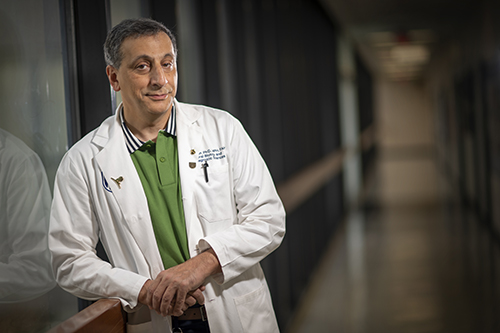
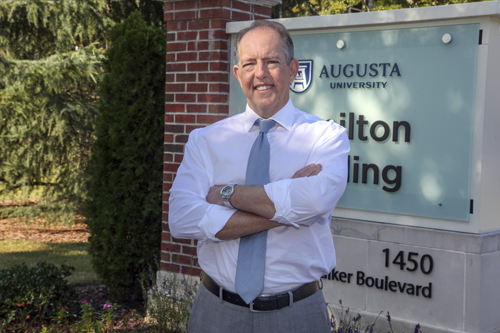
Sr. Associate Dean for Research
Medical College of Georgia

Medical College of Georgia,
Physiology
Dr. Fan’s lab uses multidisciplinary approaches with an array of techniques to investigate how genetic-based microvascular dysfunction in aging, hypertension, diabetes and obesity contributes to end-organ damage, including vascular cognitive impairment, Alzheimer's disease and Alzheimer's disease-related dementias (AD/ADRD), and renal disease. The lab also focuses on studying the contribution of changes in the actin cytoskeleton in vascular cells to the hemodynamics in cerebral and renal circulation, as well as changes in the actin cytoskeleton in podocytes in glomerular function. Recent work from the lab revealed that inhibition of sodium-glucose co-transporter 2 (SGLT2) and soluble epoxide hydrolase (sEH) reversed impaired cerebral hemodynamics and cognitive deficits. Ultimately, our goals are to develop novel biomarkers and new therapeutic strategies to prevent the onset, ensure early diagnosis and delay the progression of devastating cardiorenal and cerebral vascular diseases.
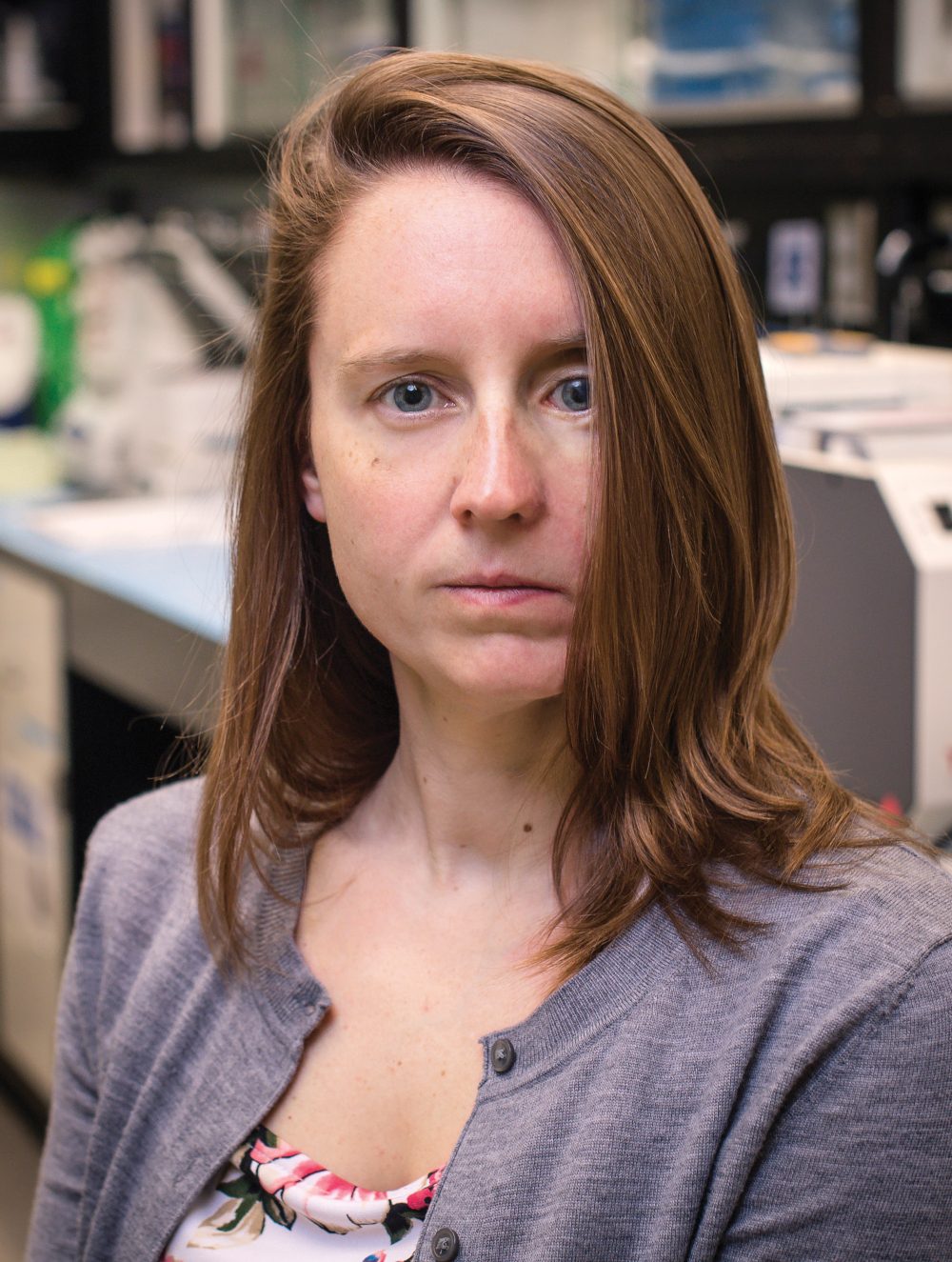
College of Science and Mathematics,
Biology
Dr. Hoffman’s research focuses on understanding the genetic, metabolic, and environmental factors that influence aging across species. Her laboratory primarily utilizes the fruit fly to discover novel genetic and dietary interventions that increase longevity and improve health. She also has an interest in developing the companion dog as a model for human aging, and she is directly involved in multiple projects looking at the epidemiological and molecular factors associated with health and longevity in dogs.
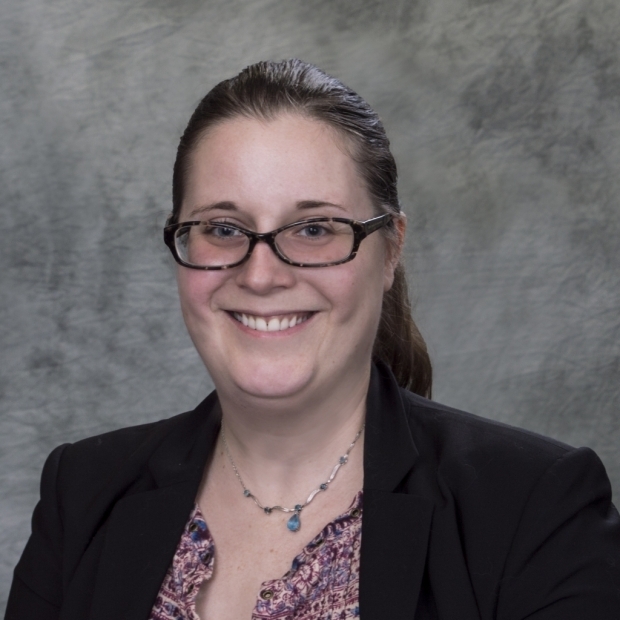
College of Allied Health Sciences,
Physical Therapy
I am an impassioned scientist and proud to be a member of the AU Physical Therapy Department where my research aims to understand mechanisms of skeletal muscle adaptation to exercise, aging, frailty and disease. My background encompasses a mix of virology, immunology, and neuroscience which I seek to incorporate into my current research focused on skeletal muscle. This has led to a primary research goal of understanding macrophage functions during skeletal muscle adaptations. Macrophages are highly adaptable immune cells with known roles in skeletal muscle repair and regeneration following acute injury. However, relatively little is known regarding resident muscle macrophage functions during muscle perturbations and mobility loss associated with aging or chronic injury associated with disease. Understanding skeletal muscle macrophage functions that ameliorate or exacerbate disease may lead to new therapeutic approaches capable of effectively preventing or restoring diminished muscle function. Additionally, I have an ongoing collaboration with Dr. Mary McDermott at Northwestern focused on understanding cellular and molecular mechanisms of skeletal muscle underlying mobility loss with peripheral artery disease (PAD). Though PAD is hemodynamic in origin, skeletal muscle changes have been documented and damage to muscle is recognized as a significant contributor to functional impairment. Identifying how muscle phenotype may predict individual patient responses to targeted intervention strategies, particularly exercise, will strengthen our understanding of personalized interventions most likely to produce effective, durable outcomes for patients suffering from PAD.
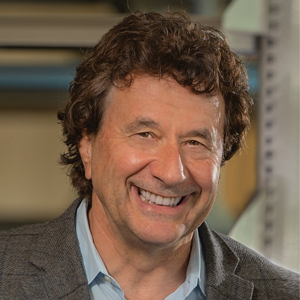
Klaus holds an MD (1982) from JMU Würzburg, Germany. He was an Associate Professor at the University of Virginia 1994-1997, Professor of Physiology and Biomedical Engineering 1997-2007, Director of Robert M Berne Cardiovascular Research Center 2001-2007. In 2007, he became a Professor of Immunology at the La Jolla Institute for Allergy and Immunology with an adjunct appointment as Professor of Bioengineering at UCSD (2007-2022). Since 2022, he is Co-Director of the Immunology Center of Georgia and a Georgia Research Alliance Eminent Scholar. Klaus received more than 20 awards, including the Bonazinga award of the Society for Leukocyte Biology (2008), the Malpighi award of the European Microcirculatory Society (2010), the Koehler Inflammation award 2015, the Russell Ross lecture of the American Heart Association (AHA) 2015, Distinguished Scientist award (AHA 2016), Landis Award of the Microcirculatory Society 2017, Lifetime award for cardiology research, University of Graz, Austria (2021). Klaus received over $30 million in awards from the National Institutes of Health. He studies atherosclerosis, focusing on integrin activation in inflammatory cells, the role of olfactory receptors in atherosclerosis and the autoimmune response to APOB in order to develop a vaccine for atherosclerosis.
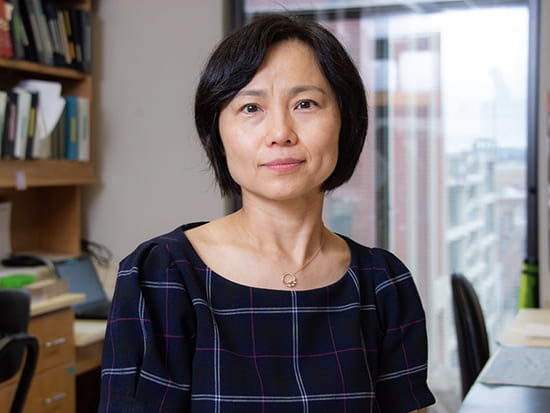
Medical College of Georgia,
Neuroscience & Regenerative Medicine
We are a highly motivated group of scientists doing translational neuropharmacology research. Our lab is interested in receptor neuropharmacology and synaptic signaling of neurotransmitters and hormones under normal and disease conditions. We implement a variety of approaches including genetic, cell biological, biochemical, single-cell transcriptomic, proteomic, pharmacological and behavioral approaches. We utilize mouse models, human postmortem tissues and human iPSC-derived brain cells. Our ultimate goal is to discover cures for neuropsychiatric disorders.
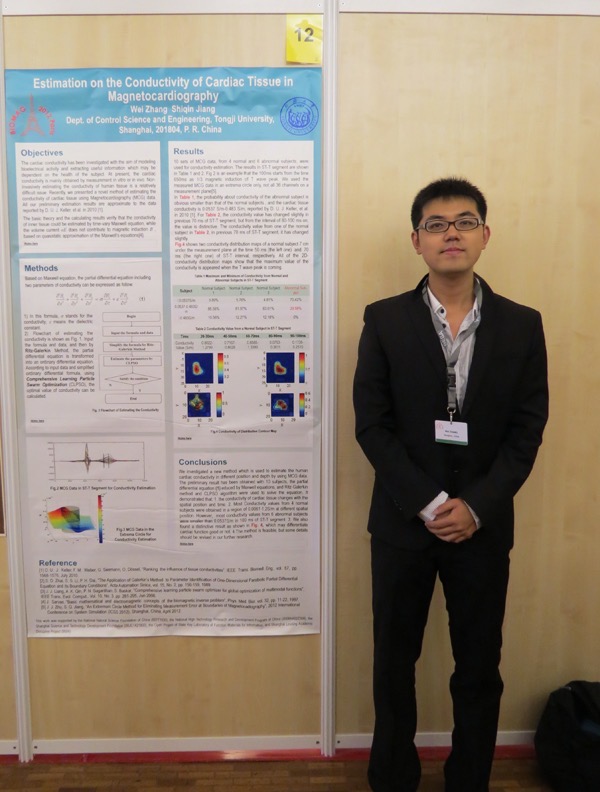
School of Computer and Cyber Sciences,
Computer & Cyber Sciences
Dr. Wei Zhang is an assistant professor in the School of Computer and Cyber Sciences at Augusta University. Our primary research interest concentrates on interdisciplinary studies of state-of-art machine learning and computational neuroscience, more specifically identifying functional connectivity networks via functional Magnetic Resonance Imaging (fMRI). We have contributed to the field by advancing the machine learning approach and cutting-edge optimization techniques to investigate the hierarchical functional connectivity in humans, as well as applying innovative approaches to clinical translational application on neurodegenerative disease.
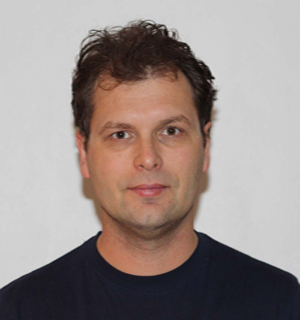
Dr. Zsolt Bagi is a Professor in the Department of Physiology at Medical College of Georgia. The laboratory led by Dr. Bagi has been the leader in applying human microvascular physiology, imaging and molecular biology technologies to studies of healthy and pathological aging. Studies fucus on oxidative stress and pro-inflammatory mechanisms of coronary microvascular and cerebrovascular pathologies, leading to end-organ dysfunction, such as heart failure and vascular cognitive impairment in elderly.
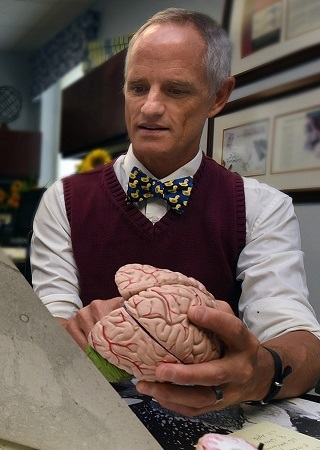
Medical College of Georgia,
Neuroscience and Regenerative Medicine
We have discovered that activating the basal forebrain cholinergic pathways makes animals smarter. These pathways are intrinsic to the regulation of higher cognitive function, and decline with aging and Alzheimer’s dementia. Our work in young and aged nonhuman primates has shown activating these pathways improves working memory and sustained attention task performance. Our work in the mouse model has shown that activation improves spatial memory, and correspondingly improves levels of brain neurotrophins while decreasing levels of beta amyloid. Human trials are planned. This work, spanning from rodent to monkey to human, is designed to optimize bench-to-bedside translation to treat cognitive decline in dementias.
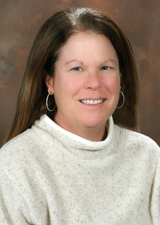
College of Allied Health Sciences,
Physical Therapy
Lori A Bolgla, PT, PhD, ATC has extensive experience in the management of individuals with lower extremity problems, especially patellofemoral pain. Dr. Bolgla has expertise in the use of surface electromyography and motion analysis. As patellofemoral pain is a chronic problem, her work focuses on identifying biomarkers in young adults with patellofemoral pain that may suggest a link to knee osteoarthritis onset. Understanding biomarkers in younger adults with patellofemoral pain will highlight the importance for early rehabilitation and therapeutics designed to slow this degenerative process.
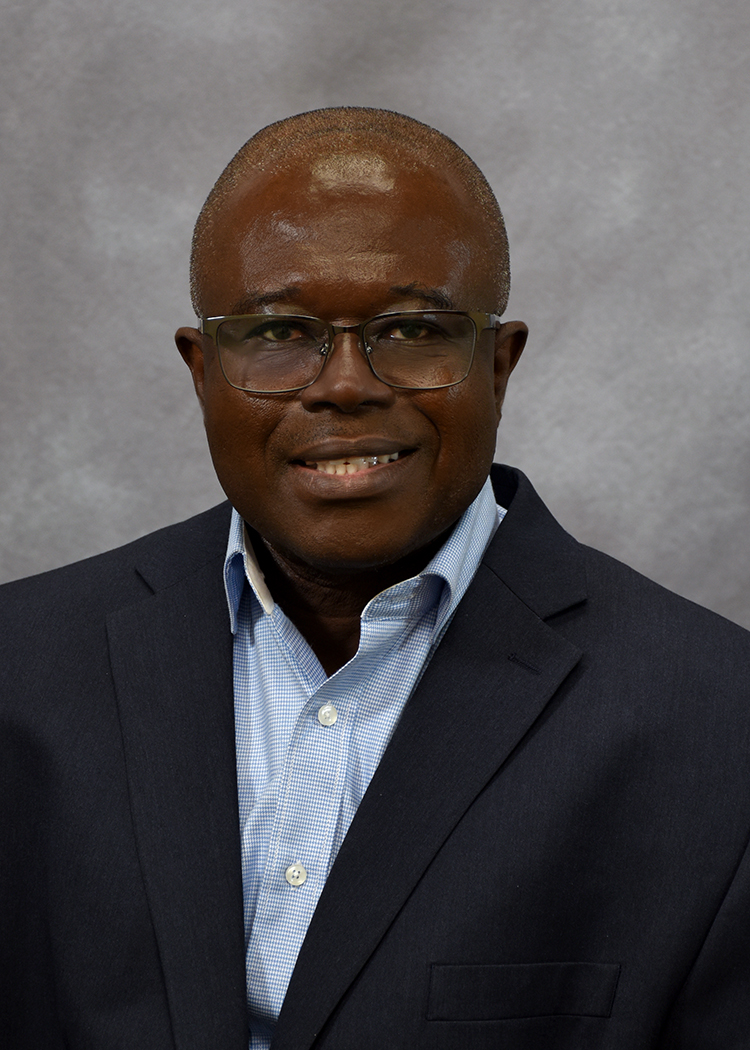
Medical College of Georgia,
Biochemistry and Molecular Biology
Dr. Asamoah Bosomtwi provides technical oversight of the Small Animal Imaging Core at the Georgia Cancer center. We employ state of the art technology to monitor longitudinal changes in microvasculature and inflammation in vivo. His research interests involve MRI/MRS in brain neurological diseases, focusing in particular on Anatomical Imaging, Diffusion Tensor Imaging (DTI) Spectroscopy and blood flow. I am especially interested using these tools monitor changes in metabolites in aging brain and the related diseases like traumatic brain injury, stroke, dementia, cognitive impairment (Alzheimer’s disease), and other brain-related post-dementia diseases.
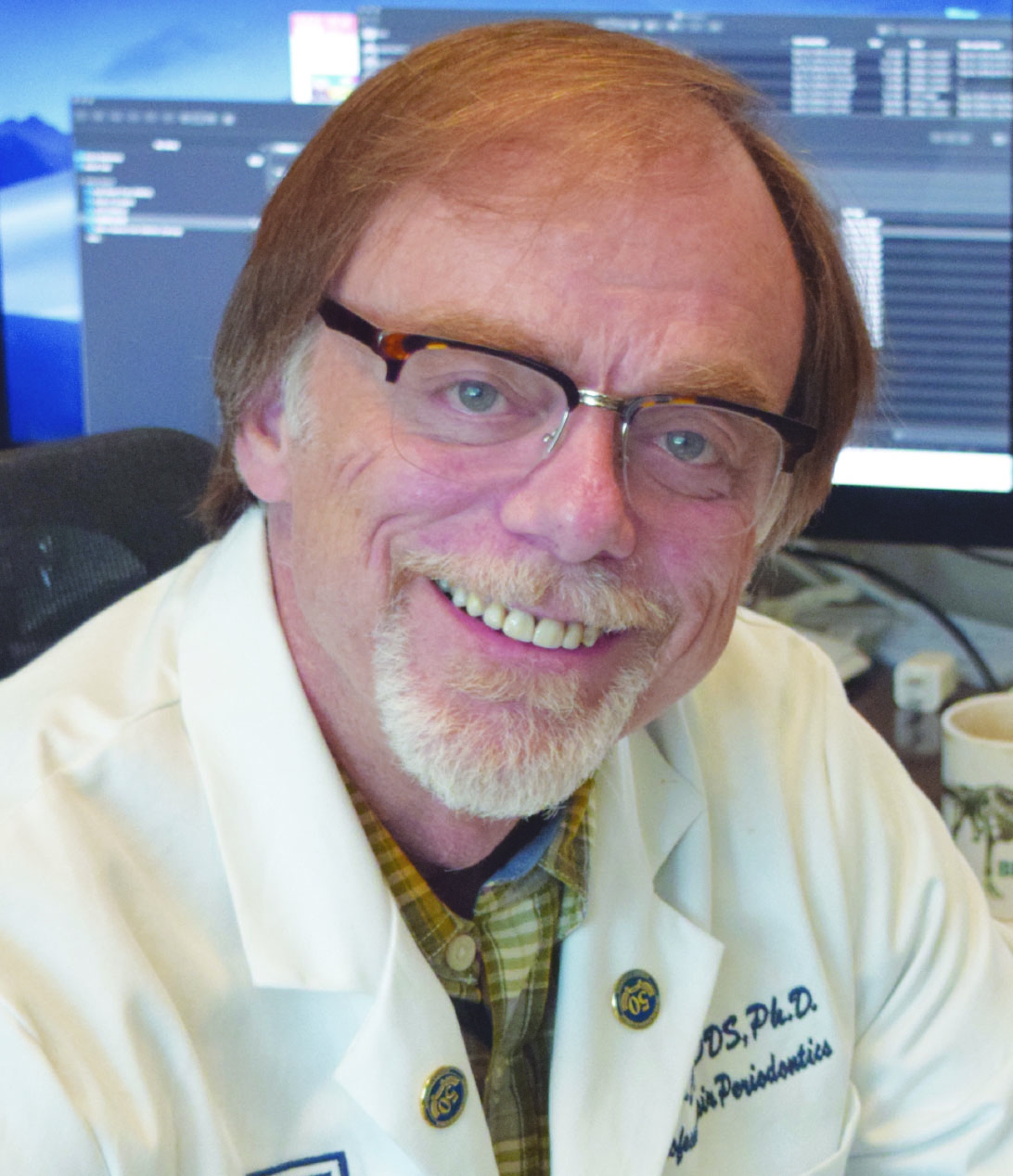
Dental College of Georgia,
Periodontics
Dr. Christopher W. Cutler is Professor and Chair of the Department of Periodontics at the Dental College of Georgia. Dr. Cutler directs the NIH-funded Periodontal Molecular Immunology Laboratory, which investigates the pathophysiologic mechanisms of the chronic age -related inflammatory disease periodontitis in mice and humans, most notably the role of immune senescence. This research focuses on immunotherapeutic approaches to this bone degenerative disease. Custom tailored exogenously produced dendritic cells are loaded with immunoregulatory cargo to reprogram the dendritic cells and the T cells from a bone destructive Th17 effector response to a bone sparing regulatory T cell response. The research also addresses the pathogenic potential of endogenously produced exosomes of the SASP in paracrine senescence induction and the diagnostic potential of saliva exosomes.
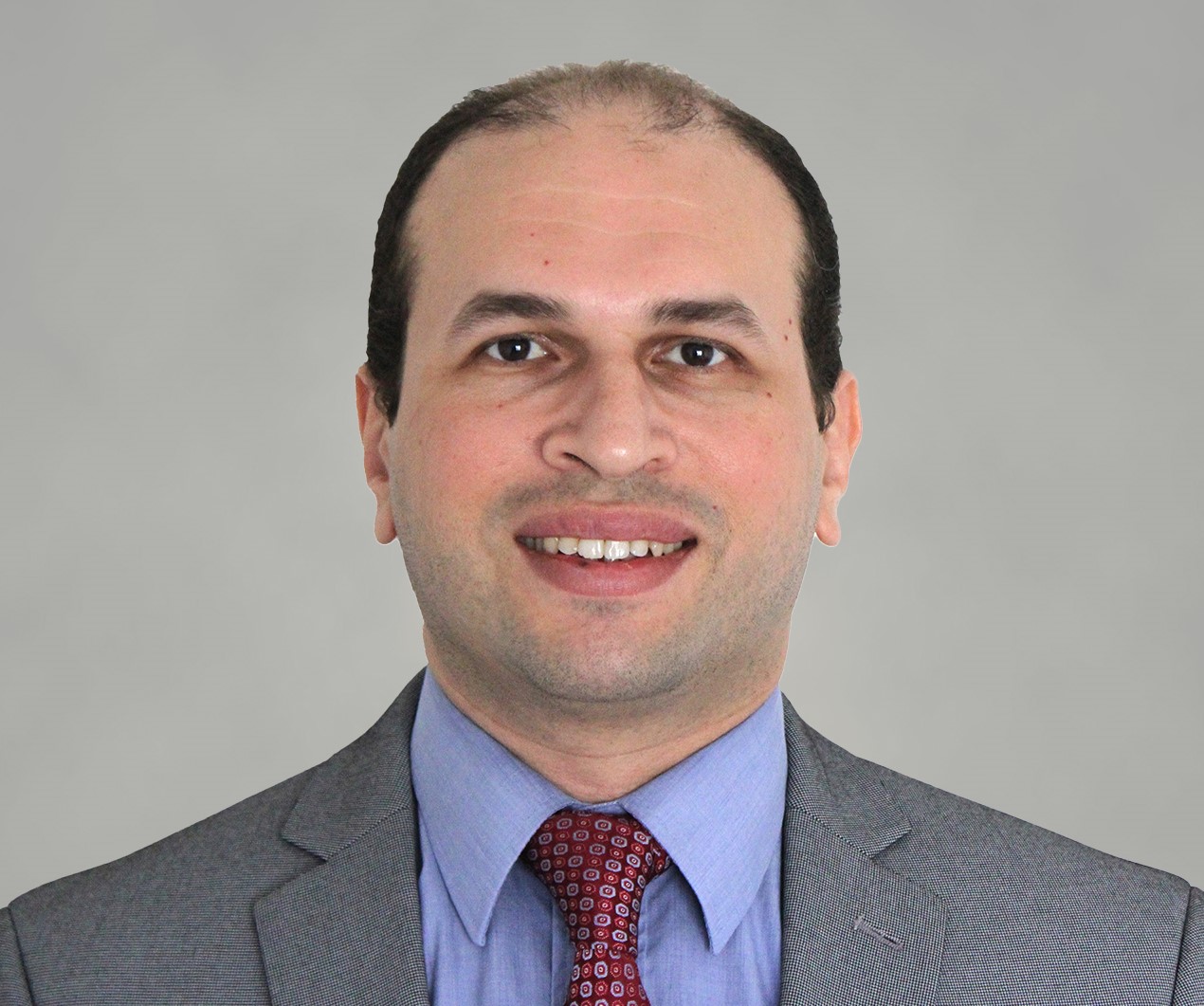
School of Computer and Cyber Sciences,
Computer Science
Dr. Daoud’s research interest is to design, develop, test, and implement artificial intelligence (AI) algorithms and medical devices for the detection, diagnosis, and management of critical diseases. Dr. Daoud leads the AIM lab which focuses on developing AI tools to help in the prediction and diagnosis of neurodegenerative diseases. The lab also focuses on implementing our AI algorithms on energy-efficient brain-inspired neuromorphic hardware. Through multidisciplinary collaborations, we develop AI algorithms to analyze big datasets including biological signals, medical imaging, and omics data with the goal of translating our solutions into clinical practice.
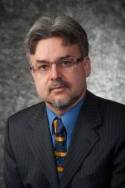
Medical College of Georgia,
Neuroscience & Regenerative Medicine
Dr. Deak’s research is focused on synapses, the key units in information processing in the brain. Cognitive decline in Alzheimer's disease is thought to be the result of disturbed neuronal communication due to synaptic dysfunction. One major disease hallmark is aggregated amyloid beta protein, which accumulates in senile plaques in AD. To identify the molecular process leading to impaired neuronal communication, we apply sophisticated behavioral, system and cellular assays in a series of studies. For instance, we investigate why aging is the most relevant risk factor to Alzheimer’s dementia. We test the age-related changes in a set of essential synaptic proteins, which regulate vesicular neurotransmitter release from synapses and their effect on beta-amyloid secretion. Maintaining physiological synaptic function while reducing amyloid secretion may provide a breakthrough to design effective therapies that halt progression of dementia in Alzheimer's disease.
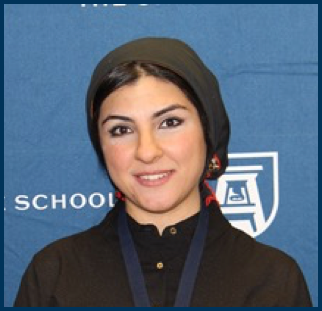
Periodontitis (PD) is a chronic disease of aging that affects 7 out of every 10 Americans over 65 years old, and has been linked to increased risk of other age-related diseases such as Alzheimer’s disease. Increased accumulation of senescent cells with a characteristic senescence-associated secretory phenotype (SASP) occurs with advanced age, contributing to inflammaging and the pathophysiology of age-related diseases. Our laboratory has recently identified a novel pathogenic mechanism for initiation and amplification of immune senescence and alveolar bone loss in PD via microbially-induced dendritic cell SASP exosomes. My laboratory is dissecting the molecular mechanisms of age-related and microbially-induced SASP exosomes in periodontal disease. Exosomes can travel to distant sites and have been shown to pass through the blood-brain barrier. Thus, we are interested to study the role of microbially-induced SASP exosomes associated with PD in the development of systemic diseases such as Alzheimer’s. We anticipate an important outcome of these studies to be the identification of novel diagnostic biomarkers and senolytic therapies for periodontitis and other age-related diseases to warrant a healthy aging to our population.
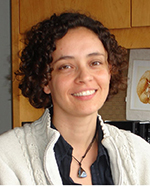
Our laboratory is interested in exploring the impact of cardiovascular diseases on the functional integrity of the neurovascular unit. We showed that in addition to the canonical neuron-to-vascular signaling modality (neurovascular coupling), changes in vascular reactivity alter basal neuronal firing activity, a phenomenon we defined as vasculo-neuronal coupling. We hypothesize that impaired vasculo-neuronal coupling is an early event in vascular cognitive impairment and dementia. Using state of the art techniques, current studies are focused on defining the molecular mechanisms by which cardiovascular risk factors such as hypertension, increased blood pressure variability, and heart failure decouple intercellular communication between vascular cells, glial cells and neurons.
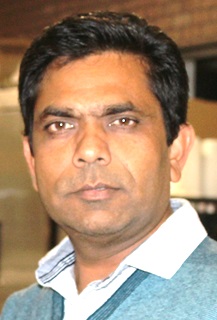
Medical College of Georgia,
Orthopedic Surgery
Dr. Fulzele's laboratory is investigating the role of micronutrients (Vitamin C, Arginine, and Tryptophan) in stem cell function and its direct correlation with age-related musculoskeletal complications. Dr. Fulzele's laboratory identified the expression of a functionally active vitamin C transporter (in stem cells) and its modulation with age. Dr. Fulzele's lab also demonstrated an important role of Arginase 1 in muscle and bone biology with age. Furthermore, in collaboration with the Bone group, they discovered the negative role of the tryptophan-kynurenine pathway in age-associated musculoskeletal complications (stem cell dysfunction, muscle, and bone loss). Dr. Fulzele's laboratory also investigates the critical role of the miRNAs and exosomes (EVs) in stem cell biology and cartilage tissue engineering. Dr. Fulzele is interested in defining how age alters the secretion and cargo of EVs in a sex- and hormone-specific manner and identifying the role of EV in the pathogenesis of musculoskeletal with age. During the last one and half years, Dr. Fulzele's laboratory has performed pioneering work on how COVID-19 affects aged populations. Dr. Fulzele identified several miRNAs targeting covid19 genome downregulated with age. Dr. Fulzele also showed a strong association between nasal microbiota composition and SARS-CoV-2 infection and severity in aged patients.
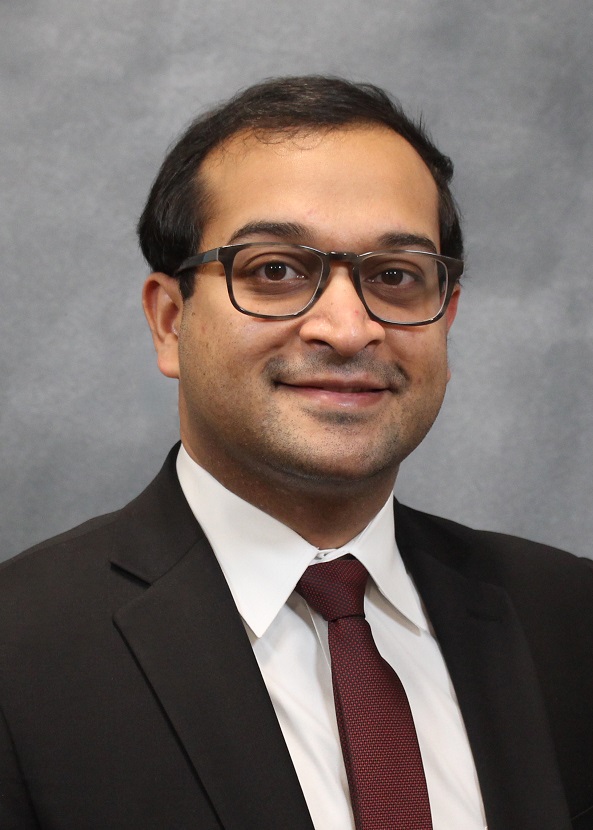
Medical College of Georgia,
Cardiology
My lab is focusing on clinical and translational aspects of cardio-oncology, where we conduct deep-phenotyping of cancer patients who develop cardiovascular disease. This involves a multi-omics systems biology approach toward disease detection and mitigation. This also includes studying patients’ biological age compared to their chronological age using markers of inflammation i.e., inflamm-aging. Along the same line, we wish to study the role of NADome in inflamm-aging and NAD supplementation in the mitigation of inflamm-aging. I have directed this effort towards risk stratifying and mitigating cancer therapy-mediated cardiotoxicity in men with prostate cancer.
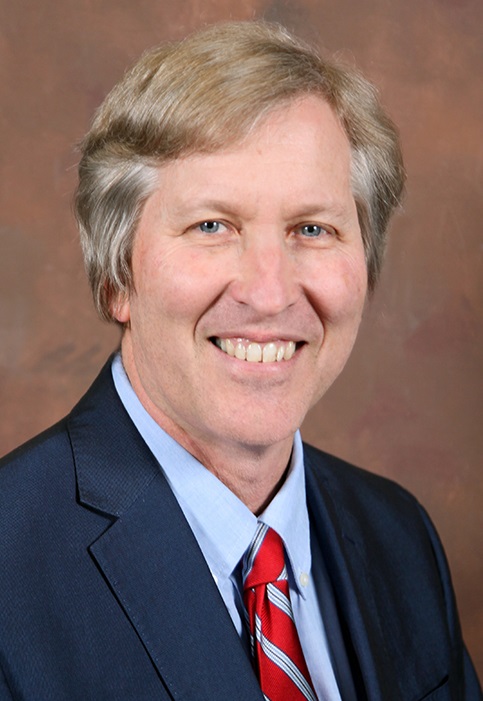
Medical College of Georgia,
Neurology
We have a program in vascular dementia and vascular cognitive impairment and dementia (VCID) We utilize both murine models (bilateral carotid artery stenosis) and human studies. We are developing chronic remote ischemic conditioning (C-RIC) as a treatment for VCID, C-RIC is an exercise mimetic. We are studying how red blood cells mediate the effects of C-RIC and physical exercise and have NIH-NIA/NINDS funding to support our work.
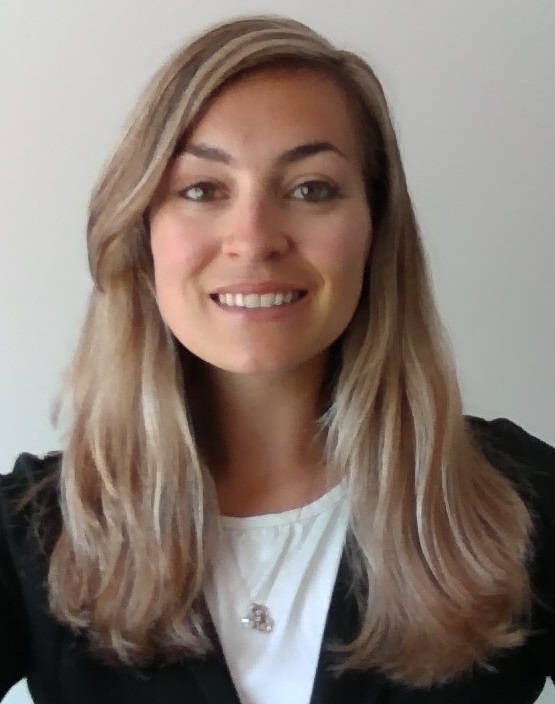
College of Allied Health Sciences,
Intradisciplinary Health Science
Dr. Deborah Jehu is an Assistant Professor in the Interdisciplinary Health Sciences Department at Augusta University. Her research aims to generate new insights into 1) refining therapeutic interventions; 2) refining falls-risk assessments; and 3) providing a better overall understanding of cognition and mobility in aging populations. Dr. Jehu is interested in examining inflammatory biomarkers that can predict falls and refining lifestyle interventions (e.g., exercise, diet, sleep) that can reduce inflammation in aging populations. She has collaborated with researchers, interdisciplinary healthcare professionals, health authorities, and industry partners across the world, which has provided her with a unique perspective on fall prevention research. Her research has implications for treatment and monitoring strategies as well as understanding fundamental concepts of cognition and mobility in aging populations
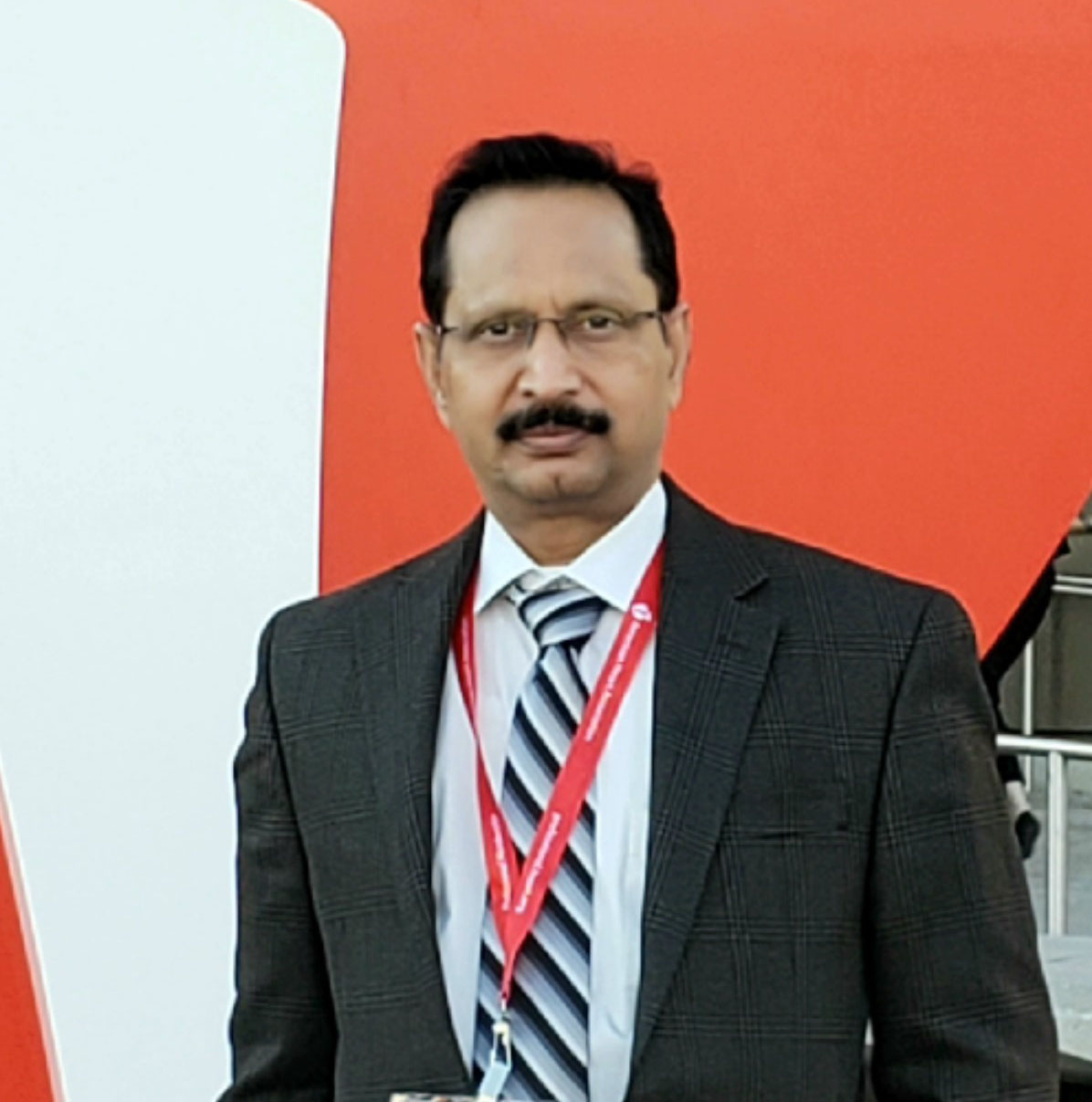
My research interest focuses on young and aging brain neurological diseases, vascular cognitive impairment and dementia (VCID), cognitive impairment (Alzheimer’s disease), and other brain-related post-dementia diseases. I have a broad background in cognitive impairment/dementia research. Our long-term target is to develop an inexpensive and economically safe therapy for VCID and its molecular mechanism in all types of clinical settings. Now, the main target of the study is to explore a therapeutic approach in pre-clinical and experimental VCID models and as well as for “Age-related erythro-endocrine system” in VCID research including the studies in cerebral blood flow (CBF) modulation by the nanoparticle, pharmacological intervention, and Remote Ischemic Conditioning (RIC: Pre-, Per- and Post); angiogenesis, arteriogenesis and endogenous neurovascular protection. Our laboratory has notable expertise in animal models of stroke, vascular dementia, and other neurovascular diseases. We demonstrated that remote ischemic postconditioning (RIPostC) after bilateral carotid artery stenosis in mice (a mimic model of vascular dementia) improves CBF protects white matter degeneration and improves neurobehavioral outcomes with other histopathological changes. We are also currently involved in studying and exploring the mechanism of neurovascular protection after chronic ischemia-RICPostC.
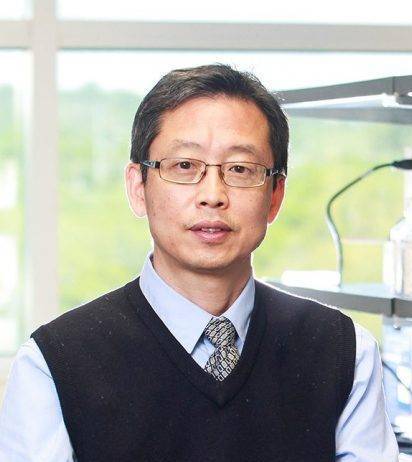
Medical College of Georgia,
Neuroscience & Regenerative Medicine
We employ an innovative in vivo cell reprogramming technology to regenerate functional neurons from endogenous glial cells for spinal cord injury repair. This is accomplished by overexpression of certain reprogramming factors and can be translated into novel treatments for spinal cord injury as well as neurodegenerative diseases.
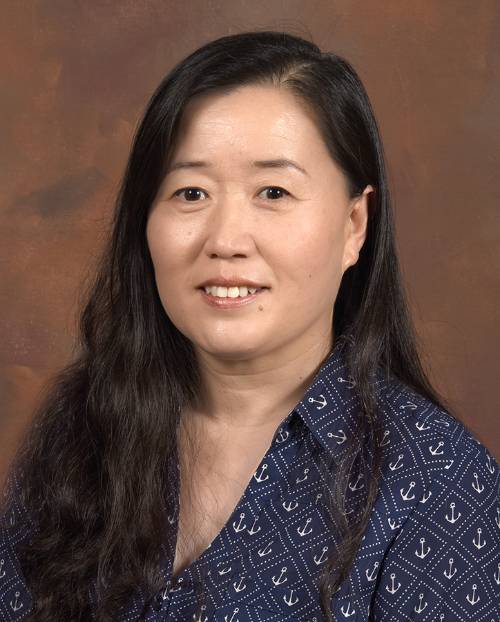
Medical College of Georgia,
Neuroscience & Regenerative Medicine
Our long term research goal is to understand molecular, cellular and epigenetic mechanisms underlying the pathogenesis and treatment of neurodegenerative and neuropsychiatric disorders. Our on-going projects include 1) histone modifications in neurons and glia during aging and in Alzheimer’s disease (AD); 2) adipokine modulation of synaptic plasticity and cognitive function; 3) interplay between peripheral and CNS inflammation in neurodegeneration and stress-related disorders; and 4) generation of new animal models of late-onset AD.
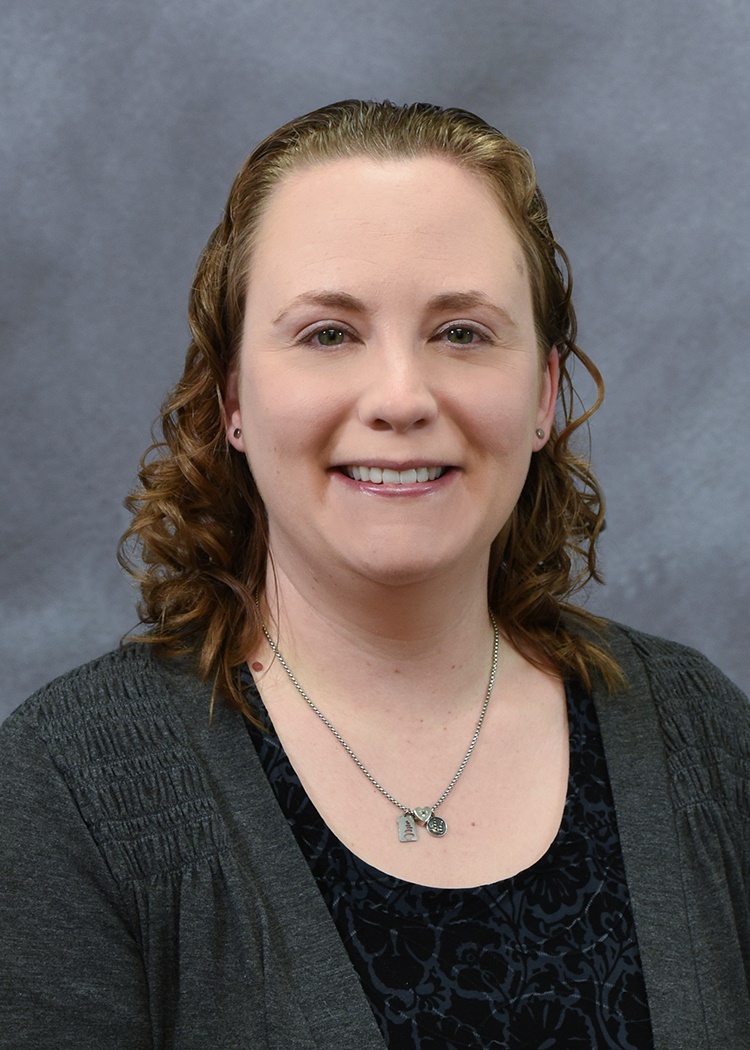
Medical College of Georgia,
Cellular Biology & Anatomy
Dr. McGee-Lawrence’s laboratory is working to understand the biological processes that regulate bone structure and biomechanical strength during aging, and discovering mechanisms of crosstalk between the skeleton and other metabolically important body systems like fat and skeletal muscle. This research program emphasizes epigenetic, hormonal, and mechano-biological therapeutic targets for skeletal treatment, mechanical competence of tissue, and pathways involved in skeletal communication with other organs. Current projects include defining the role of endogenous glucocorticoids in the integrative physiology of the skeleton during aging, studying the influence of crosstalk between nuclear hormone receptors in regulating the aging skeletal niche (bone and bone marrow fat), and testing novel mechanisms of mechanotransduction in the skeleton’s mechanosensing osteocyte population.
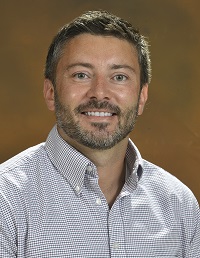
College of Science and Mathematics,
Psychological Sciences
Pain-related functional impairment (e.g. impairment in performance of daily activities) is a public health problem that affects the quality of life of many individuals, particularly older adults. A critical barrier to progress in improving the understanding and treatment of pain-related functional impairment is over-dependence on preclinical research methods that rely on quantification of simple, reflexive behavioral responses to pain stimuli instead of quantifying clinically-relevant pain-related disruption of behavior. Our laboratory has developed rodent models of pain-related disruption of behavior that are being used to examine age-related differences in sensitivity to pain-related functional impairment, and age-related differences in effectiveness and potency of established and candidate analgesics. Our goal is to bridge gaps in our understanding of the role of aging and other variables in pain-related functional impairment, and contribute to the development of new, safe, and effective analgesics.
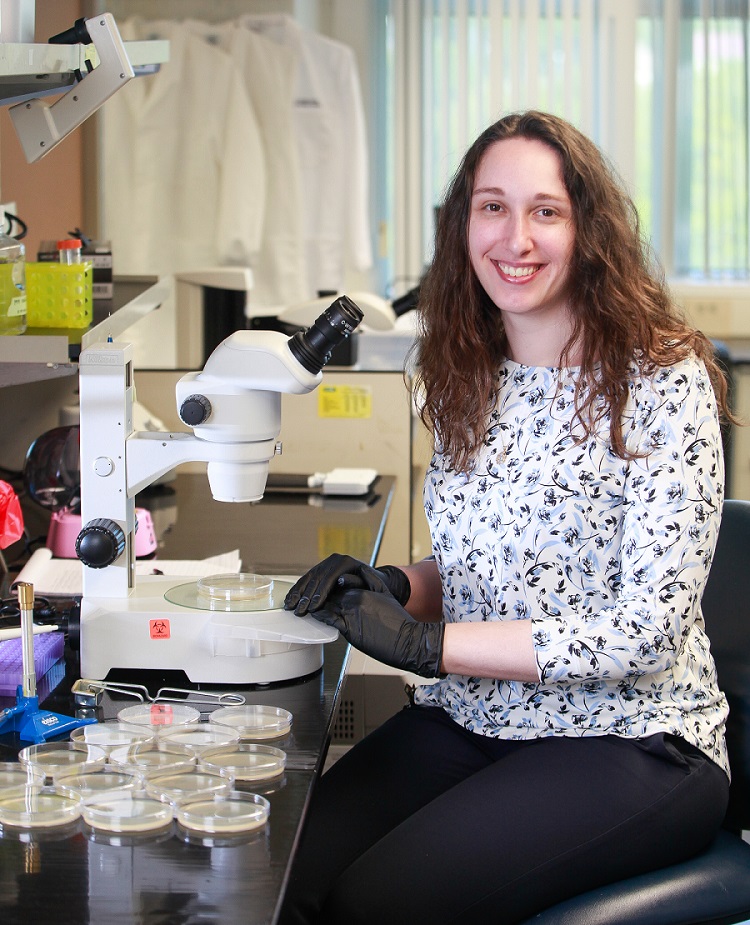
Medical College of Georgia,
Neuroscience & Regenerative Medicine
The Mor Lab is broadly interested in studying mechanisms of neurodegenerative diseases and aging, using the small model organism, C. elegans. Current projects include: developing ‘gut-to-brain’ alpha-synuclein transmission models of Parkinson’s disease, identifying shared mechanisms of alpha-synuclein toxicity in Parkinson’s and Alzheimer’s diseases, and uncovering the role of the microbiome in healthy aging and age-associated neurological disease.
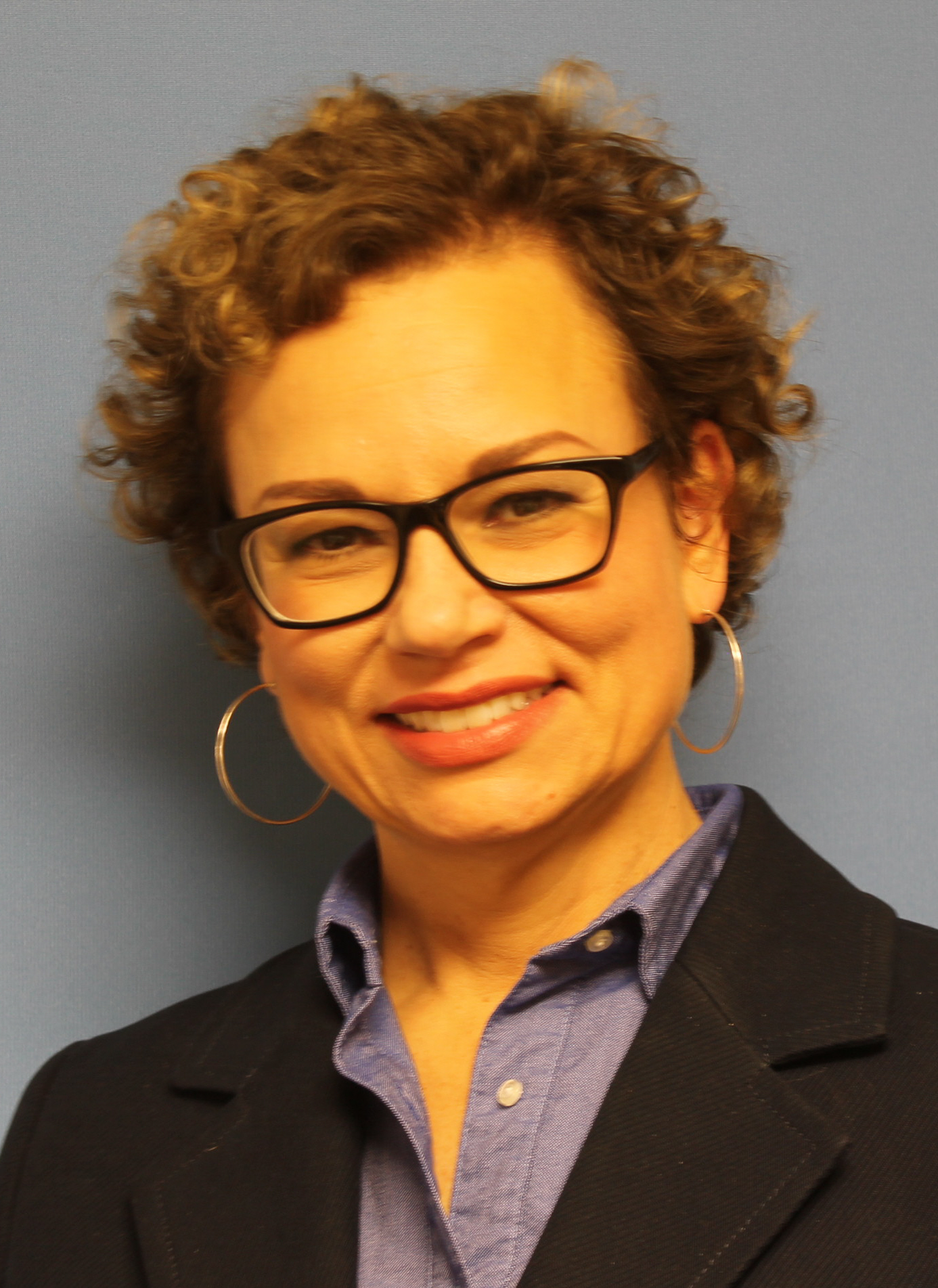
College of Nursing,
Nursing Science
Dr. NeSmith is Professor and Chair of the Department of Nursing Science and Director of the Nursing PhD Program at Augusta University. With experience in trauma, emergency, and disaster nursing, Dr. NeSmith and her interdisciplinary team of researchers apply the concept of inflammaging to explain effects of lifetime chronic stress on the inflammatory response and how it impacts healing and vulnerability to complications following acute life-threatening injury. Dr. NeSmith and the Trauma Interdisciplinary Group for Research (TIGR) recently published work from a completed funded study in which they compared physiologic measures of chronic stress to differences in the inflammatory response following trauma, and associated outcomes of inflammatory origin like sepsis and organ failure. Dr. NeSmith and the TIGR team base their work on biobehavioral frameworks such as Psychoneuroimmunology, the Weathering Hypothesis, and the Vulnerable Populations Conceptual Framework. These evidence-based frameworks address links between social determinates of health and the stress and inflammatory physiology which ages us in advance of chronology. Dr. NeSmith’s research may lead to advances in surveillance and tailoring individual treatments to prevent and improve acute outcomes of trauma.
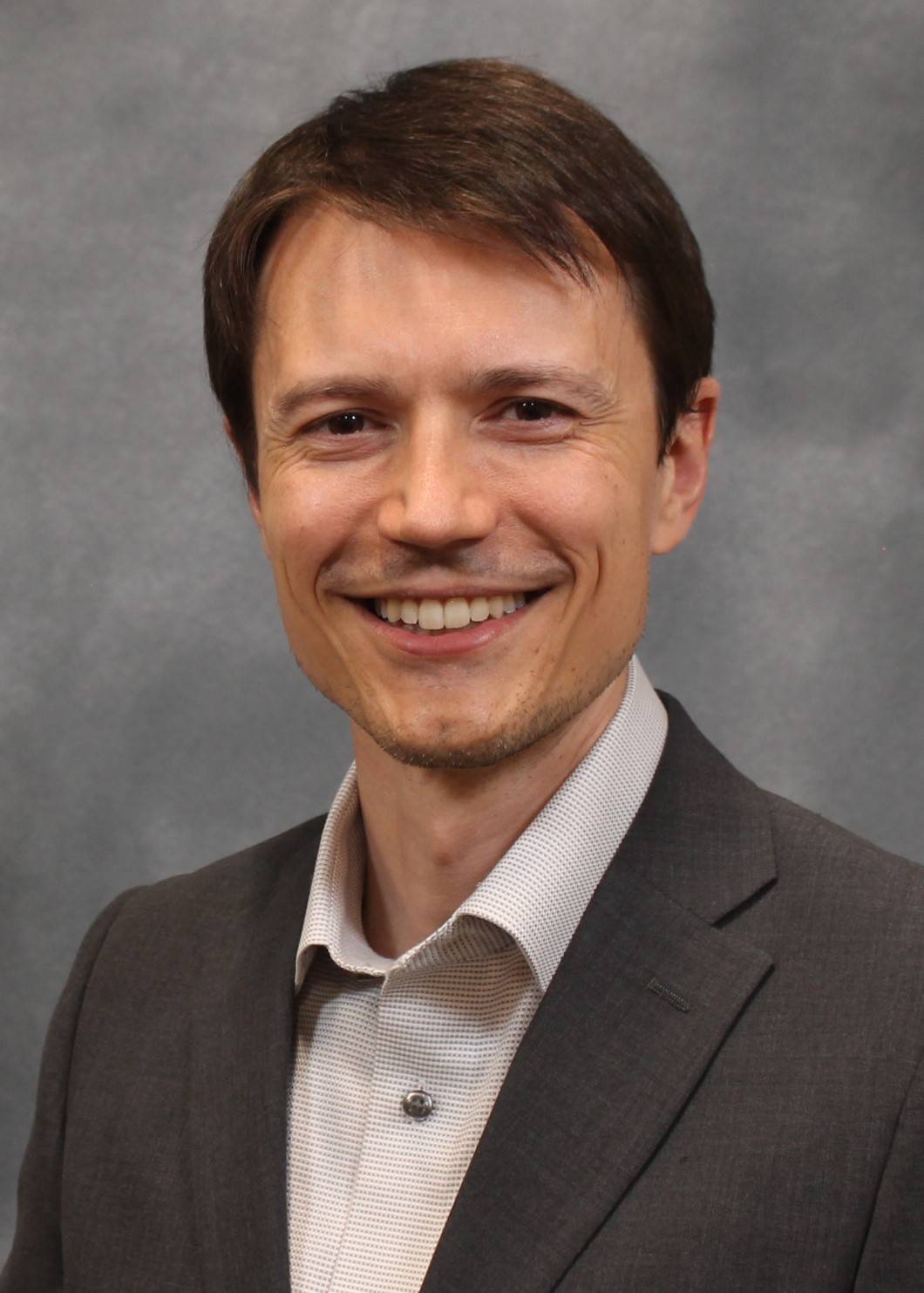
School of Computer and Cyber Sciences,
Computer and Cyber Sciences
At the School of Computer and Cyber Sciences, Dr. Orlosky leads the ARVR Lab, where he conducts research on the practical use of augmented and virtual realities in interdisciplinary fields. He has developed systems to aide in the diagnosis of Parkinsonian diseases, make use of eye tracking to better understand cognitive states, and simulate the functions of neurons in 3D environments. His current work is focused on the development of co-located virtual spaces to enable more effective education and training during remote collaboration.
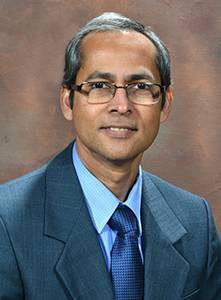
Medical College of Georgia,
Pharmacology & Toxicology
Dr. Raju's research encompasses studies in cell metabolism, mitochondrial function, and inflammation in aging and injury. Dr. Raju's research is currently funded by the Department of Defense and the National Institutes of Health.
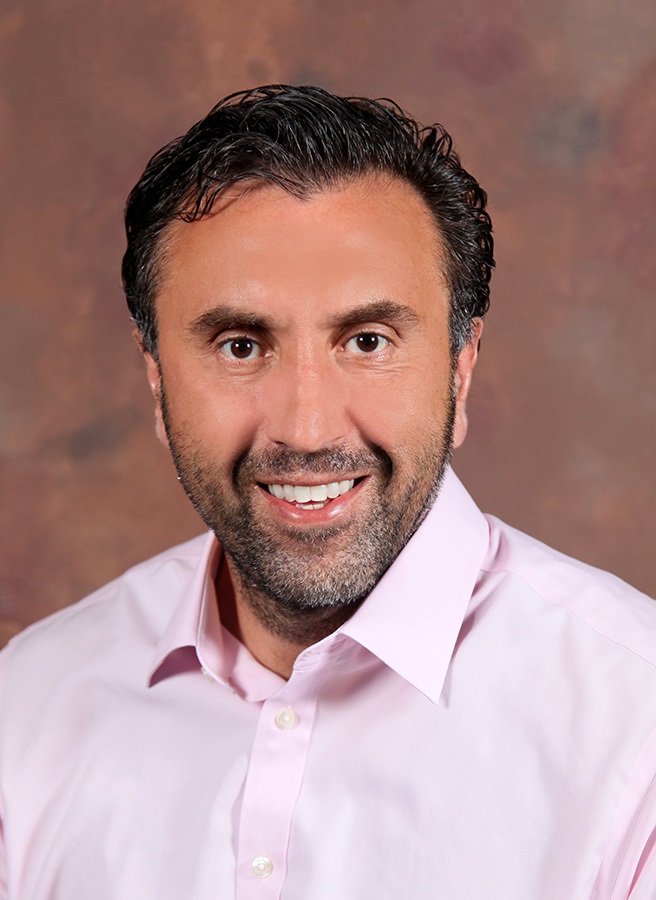
Medical College of Georgia,
Pharmacology & Toxicology
Blood vessels undergo a process of vascular remodeling during the natural process of aging. The remodeling is a change in the structure, the thickness, and the size of the blood vessel that can affect circulation to important body organs. During the decades of life, blood pressure, cholesterol, and glucose increase in the bloodstream; these increases are sensed by the endothelial lining of arteries to initiate the process of remodeling. While the change in arterial structure may at first be a functional adaptation, the remodeling can ultimately progress to artery and end-organ disease and pathology. Our basic science lab is examining vascular remodeling and how it is influenced by the time of day through a molecular timekeeper called Bmal1. Further, we seek to examine if age-dependent remodeling has a deeper influence on the aging brain and its memory center using experimental model systems.
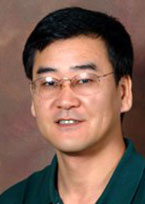
Medical College of Georgia,
Neuroscience & Regenerative Medicine
Aging is associated with increased inflammation, decline in immune function, bone loss and marrow fat accumulation. Bone marrow is where mesenchymal stem cells (MSCs) and hematopoietic stem cells (HSCs) reside and interact and where adult hematopoiesis takes place. PPARg is a key transcription factor regulating adipocyte differentiation and its expression increases with aging, thus by increasing marrow adipocytes, PPARg exerts impact on bone, inflammation, and hematopoietic reconstitution.
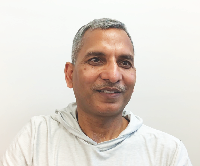
Medical College of Georgia,
Biochemistry and Molecular Biology
Dr. Singh’s laboratory studies molecular and cellular mechanisms of generation of antibody responses against pathogens and vaccines. Following the infection, antigen (expressed by pathogens) specific B cells develop into plasma cells. Plasma cells are factory for producing antibodies molecule that neutralize the invading pathogens. A single plasma cell produces approximately ten thousand antibody molecule per second. Dr. Singh’s laboratory found that Ufbp1/DDRGK1, an essential component of ufmylation pathway plays an essential role in development of plasma cells. Plasma cells possess a dense network endoplasmic reticulum, an organelle (chamber), where antibody molecules are synthesized and folded before their secretion. Dr. Singh also showed that Ufbp1 is required for development of endoplasmic reticulum network in plasma cells. Currently, he is exploring the mechanisms how Ufbp1 and other components of ufmylation pathway regulate development and function of plasma cells. Survival of plasma cells is directly linked to the longevity of protection a vaccine offers. Have you ever wondered why do we take some vaccines such as MMR only once in our life time, whereas we take DTAP vaccine every 5-10 years? Recently, we are advised to take COVID vaccine/boosters every 6-12 months or so. The reason is the longevity of plasma cell induced by these vaccines. Plasma cells induced by MMR vaccine survive for our life time, whereas those induced by DTAP survive for 5-10 years. One of the reasons for frequent COVID vaccine boosters is the emergence of new strains. The second reason is that plasma cells induced by COVID vaccine start dying in approximately 6-7 months or so. Once the plasma cells die, the antibodies produced by them also disappear, which necessitates the requirement of booster shots. Dr. Singh is also studying the factors and mechanisms that regulate the survival of plasma cells. It is well known that vaccines do not induce a potent immune response in elderly population. He is also interested in identifying the mechanisms and factors that can boost the vaccine induced immune responses in aged population. His other research interests include the how T cells are activated and generate immune responses and help other immune cells to successfully eliminate invading pathogens and cancers. Previously he discovered the mechanism underlying dietary fiber mediated suppression of intestinal inflammation and cancers.
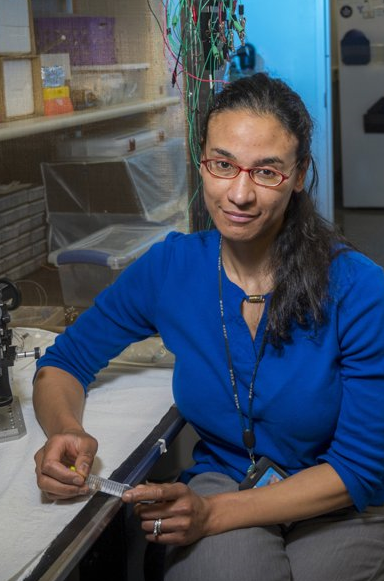
Medical College of Georgia,
Neuroscience & Regenerative Medicine
Alexis M. Stranahan is an Associate Professor in the department of Neuroscience and Regenerative Medicine at the Medical College of Georgia. Her lab investigates the underlying mechanisms linking obesity and diabetes with age-related cognitive impairment. These studies address relationships between peripheral and central inflammation, the role of cerebrovascular dysfunction, and the parenchymal signaling cascades that disrupt synaptic plasticity in mouse models of metabolic disease. This work is funded by the NIDDK and focuses on immunological signaling between adipose tissue, glial cells, and neurons.
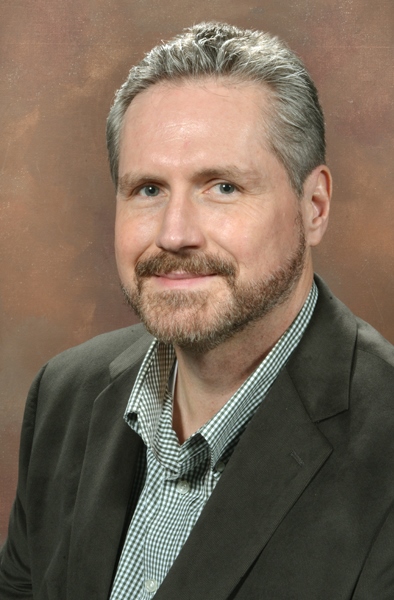
Medical College of Georgia,
Pharmacology & Toxicology
Dr. Terry’s research interests focus on the neuronal pathways that are involved in the memory dysfunction associated with age-related neurologic diseases such as Alzheimer’s disease as well as psychiatric illnesses and exposures to environmental toxins. His laboratories also pursue therapeutic discovery and development strategies for disorders of cognition, and they employ a variety of methods ranging from behavioral testing in animal models (rodents to non-human primates) to molecular, cellular and analytical techniques (e.g., immunoblotting, ELISA, immunohistochemistry, receptor autoradiography, mass spectrometry, magnetic resonance imaging, etc.)
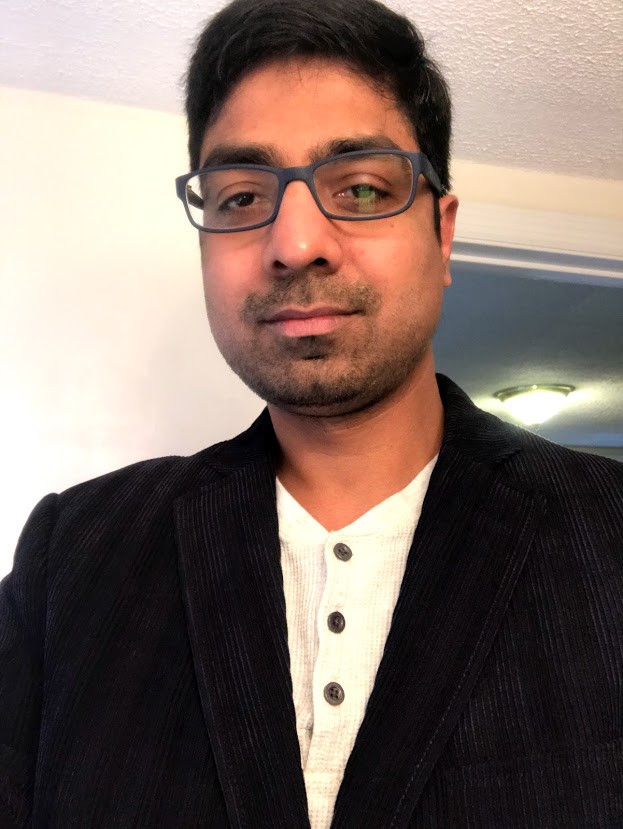
Medical College of Georgia,
Neurosurgery
Dr. Kumar Vaibhav’s lab is dedicated to explore the mechanism behind immune cells activation and senescence post-brain injury. They have found that immune cells, especially macrophages, T cells and innate lymphoid cells, can be polarized to pro-inflammatory states after injury, which leads to long-term chronic injury and neurological deficits. Autophagy and metabolic activity play important role in immune function, as evident from role of AMPK in their published articles. The lab further reported that modulation of cannabinoid system helps immensely to maintain the equilibrium between different polarized states of immune cells and thus, expediting the recovery from injury. However, PI emphasizes that there is a lot more to explore related to brain injury and role of cannabinoid system in homeostasis. Current research in the lab is focused on inflammaging after months of TBI. Lab reports that immunosenescence is one of crucial factor in causing chronic neurodegeneration. The lab is funded through several NIH extramural awards and is actively involved in studies related to cannabinoid and non-cannabinoid system in Traumatic brain injury (TBI) and Intracerebral hemorrhages (ICH).
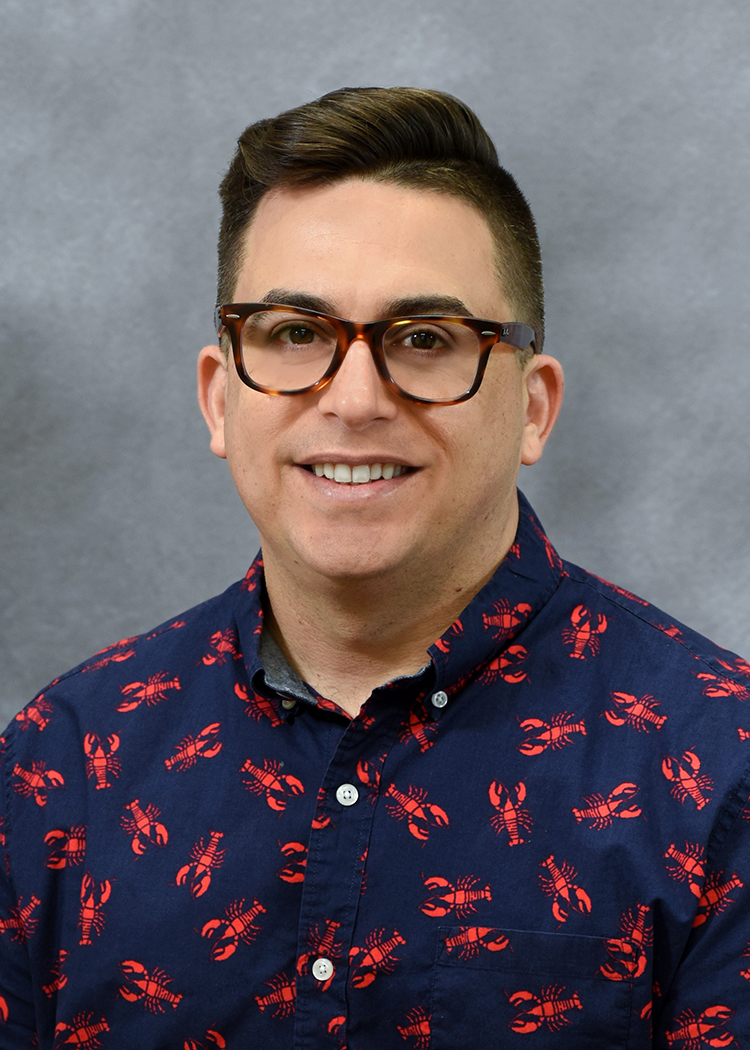
Medical College of Georgia,
Neuroscience and Regenerative Medicine
The Vitriol lab studies the role of the actin cytoskeleton in cell motility, neural development, and in neurodegenerative diseases such as amyotrophic lateral sclerosis (ALS). We use live-cell and super-resolution imaging to understand how the dynamic regulation of actin contributes to the normal function of healthy cells, and how defects in actin can cause toxicity and cell death. We also benefit greatly from collaborations with computational groups, who help us build mathematical models and develop new methods of image analysis so that we can get the most out of our microscopy data. Our broad goal is to integrate imaging-based cell biology with translational science to understand how cell-based processes contribute to human disease.
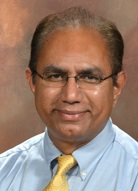
College of Allied Health Sciences,
Physical Therapy
I currently serve as an Associate Dean of Research at the CAHS at AU. I serve on the TRIBA initiative at AU representing CAHS. We are engaged in hiring TRIBA faculty at CAHS. My lab particularly studies fatigue, cognition and motor improvement in Parkinson’s disease. We are trying to build a cluster at CAHS to support TRIBA initiative regarding ‘rehabilitation’ point of view.

Medical College of Georgia,
Vascular Biology Center
My lab focuses on a variety of aging-related disorders, such as obesity and abdominal aortic aneurysms, using both mouse models and translational approaches in humans. We also collaborate with Dr. Xin-Yun Lu’s lab to study epigenetic and inflammatory mechanisms of neurodegeneration. Additionally, we work with the researchers in Georgia Prevention Institute and the Georgia Cancer Center to study accelerated cardiovascular aging in patients undergoing treatment for breast and prostate cancer.

College of Nursing,
Nursing
Dr. Young's research interest is to develop home-based supervised and structured self-management support and improve patient-reported health outcomes in older adults living with heart failure and other aging related conditions. Dr. Young has two decades practice and research experience working with aging population from vulnerable and underserved communities. Her research methods include clinical translational, practice-based research network (PBRN), health service research with focused area in promoting self-management in older adults with chronic complex health conditions. Her main research outcomes include self-management capacity, physical and mental functioning, fall risks, frailty and healthcare utilizations. She has expertise in research methodologies, such as cost-effective analysis, meta-analysis, systematic review and big data analysis.
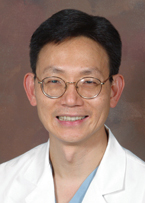
Medical College of Georgia,
Surgery: Plastic Surgery
Dr. J. Yu is a plastic surgeon with extensive interest in inflammation and aging. He collaborates with Dr. Baban on innate immunity and oral and gut microbiome. Facial aging is one of the most observable changes which inevitably happens as we get older. In addition to measuring the biomechanical changes of facial tissue, the biochemical and immunological alterations are key areas of interest. Adjunctive measures such as dietary supplement (for example cannabidiol) and exercise memetic (for example whole body vibration) as immune modulators are also areas of active investigation. With our cryopreservation group (Dr. Eroglu), we are exploring methods to freeze human tissue with the resident cells (dermis, fat, thymus) for clinical use.
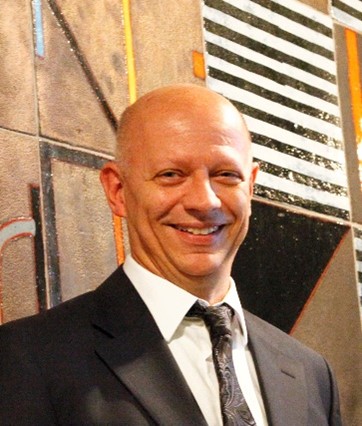
School of Computer and Cyber Sciences,
Computer and Cyber Sciences
Dr. Zanella’s research contributes to the fields of cybersecurity and information systems from a human decision-making perspective leveraging a multidisciplinary approach. We use a neuroscience perspective to focus on pre-cognitive aspects of decision-making processes in sensitive information disclosure. The main goal is to mitigate cyber threats by informing theory and practice of the connection between regional brain activity and cybersecurity-related human behavior. Recent contributions to the field include exploring the link between temporal discounting cognitive processes and their interaction with the adoption of online unsafe behavior.
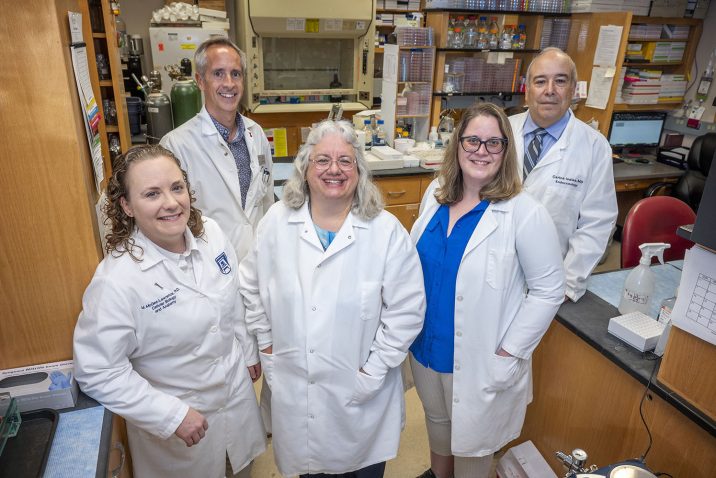
The research team believes the answer may be in how stress hormones signal the skeleton to make more bone making cells instead of bone-dissolving ones
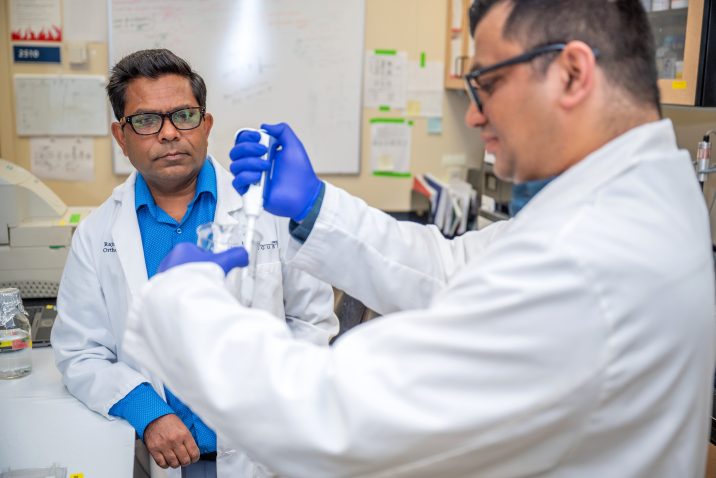
MicroRNAs help regulate gene expression and consequently the function of our cells, and several, including one called microRNA-141-3p, have been implicated in the ills of aging.
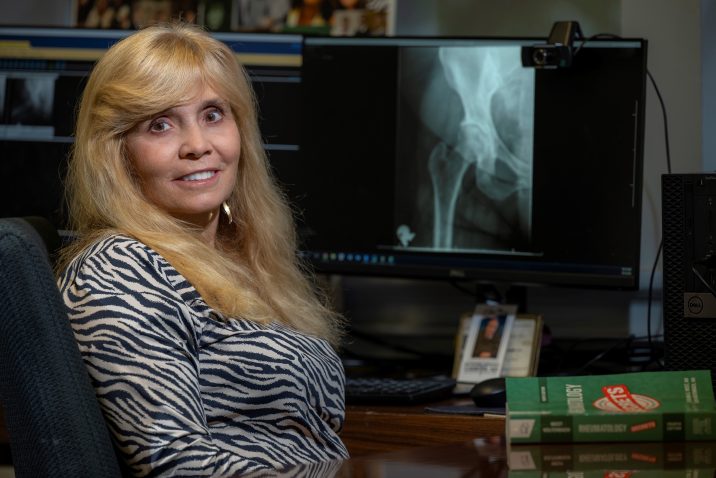
Physicians could use this "calculator" to help an individual patient determine how best to proceed.
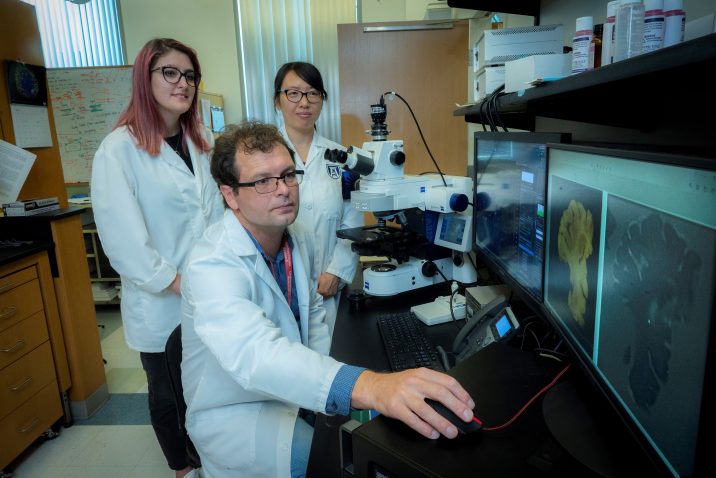
Recent findings of MCG scientists and others suggest that some people with Alzheimer's who have brain changes widely associated with the condition may not develop dementia without underlying vascular dysfunction.
Augusta University is proud to have many research studies funded by the National Institute on Aging.
Collaborative Publications from two or more individuals with TRIBA interests